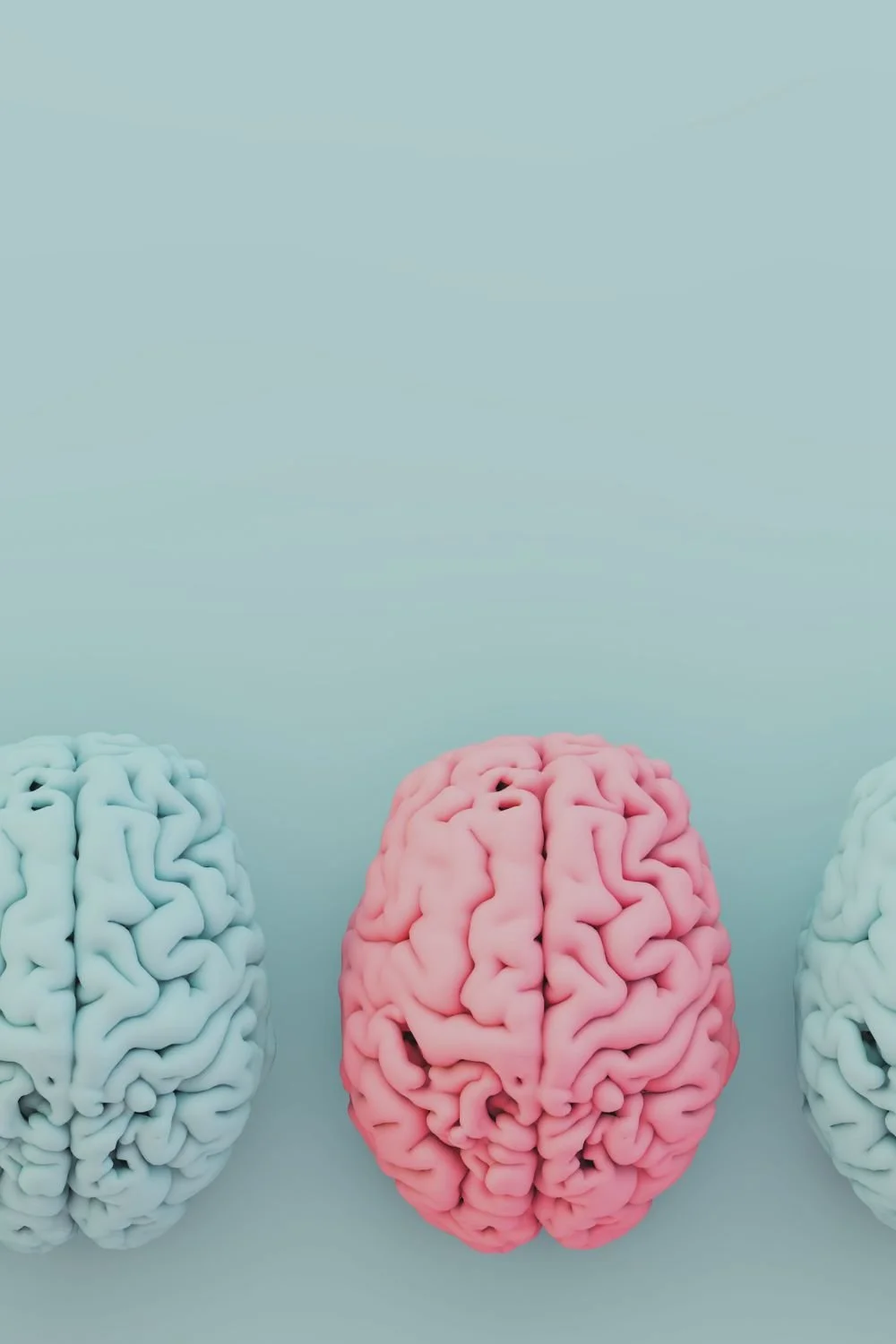Find the answer to how ketamine therapy works as this blog goes over four key mechanisms: biological, psychological, functional, and spiritual—revealing how ketamine can influence the mind and body in transformative ways.
What Type Of Pain Is Ketamine Effective For?
In this blog, we share ketamine’s mechanism in treating chronic pain and why it’s more effective in treating some types of pain more than others. We also talk about the things you have to consider when treating pain with ketamine and why ketamine isn’t the only “magic potion” you need to fully heal.
Ketamine's Effect On The Brain: A PTSD Study
How Ketamine Affects The Brain In Depression: fMRI perspective
Ketamine is alleviating symptoms of those suffering from Major Depressive Disorder (MDD). It works rapidly and effectively, especially compared to traditional treatment such as selective serotonin reuptake inhibitors (SSRIs).
So, how is ketamine making this happen? There is currently no definitive answer to “How Does Ketamine Exactly Work?”, and honestly we don’t believe there is only one single answer. We believe there are multiple mechanisms (scroll to the bottom to check out a couple videos where Dr. Ko explain the less “scientific” mechanisms, such as the spiritual mechanism)
Ketamine's Impact on Brain-Derived Neurotrophic Factor (BDNF)
According to the World Health Organization, depression has now surpassed HIV, AIDS, malaria, diabetes, and war as the leading cause of disability. Current antidepressants may take weeks to months to be effective. Unfortunately, one-third of patients are still unresponsive, and are called “treatment-resistant.” However, there are other options available.
Ketamine's Connection to Neurons
Researchers hypothesize that neurogenesis, or neuron growth, is an antidepressant action. This hypothesis is linked to the understanding that nearly all antidepressants increase birth of granule neurons in rodents. Ketamine, however, has such rapid antidepressant effects, within hours, suggesting that the mechanisms involved with ketamine are not involved with neuron birth. Instead, researchers hypothesized that ketamine’s rapid effects are due to it enhancing the maturation of neurons born previously.
Theta Brain Waves & the Anti-Anxiety Effects of Ketamine
According to a study published in the International Journal of Neuropsychopharmacology in 2018, specific brain waves are related to the anti-anxiety effects of ketamine. The brain waves involved in this function are called theta waves, found in the right frontal area of the brain. Ketamine can treat a wide variety of neurotic disorders, such as depression, generalized anxiety disorder, and PTSD, but researchers do not conclusively understand how ketamine works to relieve the symptoms of these disorders.
Ketamine in Bipolar Disorder
Bipolar disorder will affect 4.4% of U.S. adults at some point in their lives. It can cause dramatic shifts in the mood, energy, activity, impacting a person’s ability to live fully. One of the symptoms of bipolar disorder is anhedonia, which is the loss of ability to seek pleasure. Effective treatments for anhedonia have traditionally been lacking, but fortunately, recent research suggests that ketamine can help.








